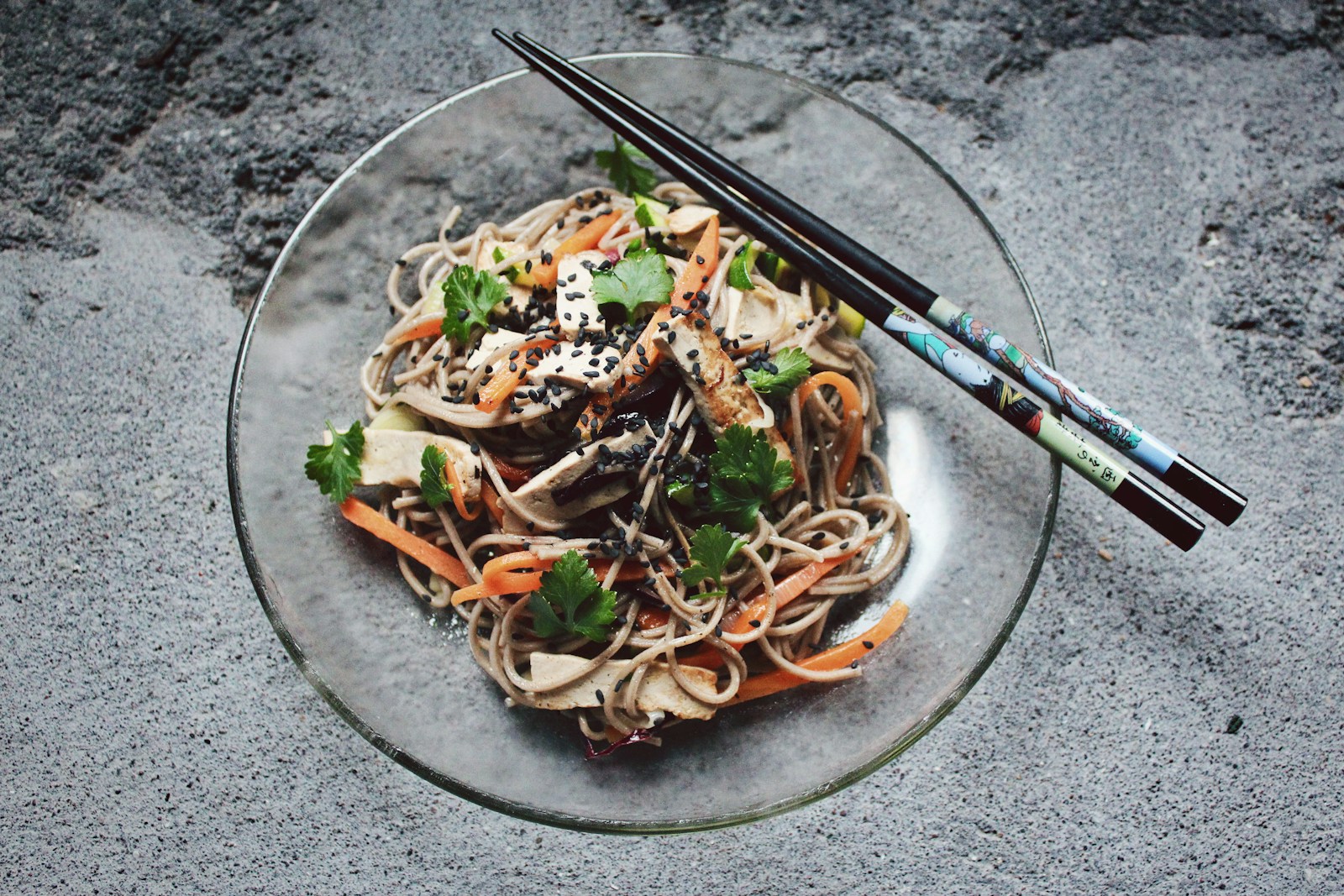
pasta

pasta
Pasta is a type of Italian dish typically made from an unleavened dough of wheat flour mixed with water or eggs, and formed into sheets or various shapes.
Example sentences using: pasta
La pasta es italiana

Pasta is Italian
This sentence is stating that pasta is Italian. 'Es' is a form of 'ser', the verb we use for permanent states or characteristics.
No quiero pasta hoy

I don't want pasta today
The speaker is expressing that they don't want pasta today. 'No quiero' translates to 'I don't want' and 'hoy' means 'today'.
Me gusta comer pasta

I like to eat pasta
This is a simple sentence stating the speaker's liking for eating pasta. 'Me gusta' translates to 'I like', and 'comer' is the infinitive form of the verb 'to eat'.
La pasta está deliciosa

The pasta is delicious
In this sentence, we are describing the pasta as delicious. 'Está' is a form of 'estar', the verb we use for temporary states or conditions.
¿Tienes pasta?

Do you have pasta?
This is a question asking if the other person has pasta. The verb 'tienes' is a form of 'tener', which means 'to have'.
La pasta está caliente

The pasta is hot
In this sentence, we are describing the condition of the pasta. 'Está' is a form of 'estar', which we use to describe temporary states or conditions.
Quiero más pasta

I want more pasta
'Quiero más' translates to 'I want more'. This is a simple sentence stating the speaker's desire for more pasta.
La pasta está fría

The pasta is cold
Here, the condition of the pasta (being cold) is described with 'está', a form of 'estar', used for temporary states or conditions.
Voy a cocinar pasta

I'm going to cook pasta
'Voy a' is a common way to form the near future tense in Spanish, similar to 'going to' in English.
La pasta es mi comida favorita

Pasta is my favorite food
In this sentence, the speaker is expressing that pasta is their favorite food. 'Es mi comida favorita' translates directly to 'is my favorite food'.